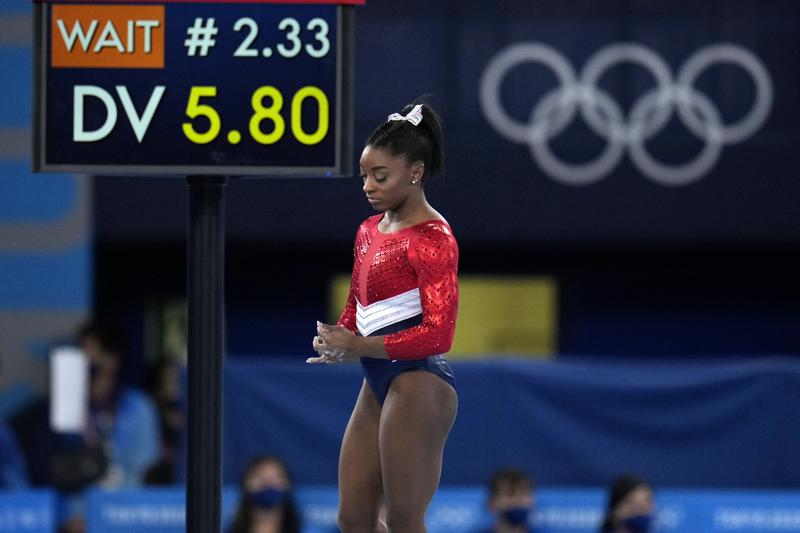Given the Olympics’ varied fare, highlighted by keen competition, Tokyo might yet get to see the truly unforgettable moment to be frozen in time for generations to marvel at, like, in recent memory, Usain Bolt’s 100m sprint in Beijing.
That could lend the show, controversially organised in complete defiance of global as well as local opposition in a city grinding through a medical emergency, a semblance of legitimacy that might go some way towards shielding the big boys from Lausanne from being assailed by the charge that they brazen it out for the cash television gives them in exchange for the rights to show the action.
Advertisement
But salvation will be beyond Tokyo, Japan and, of course, the International Olympic Committee even if US swimmer Caeleb Dressel pockets the six gold medals that he targets. The feat will underscore his consistency without, perhaps, endowing the Games with the spectacular flourish that we crave unless he sets the sort of record that the Jamaican sprinter did.
Truth to tell, the dramatic meltdown that Dressel’s compatriot, gymnast Simeone Biles, had suffered, and later ascribed to “mental health issues” ~ part of which had had to do with competing without spectators in the stands and feeling “stressed out” while preparing through “a long year” and a “long week” ~ summed up the sombre setting the IOC probably didn’t give a damn about but overshadowed what would otherwise have been a merry carnival.
Within days of the action starting, the Games’ Covid-19 count was 150-plus. Biles, one of history’s finest performers, said that athletes wanted to have fun out there but it was elusive sometimes. Also stressing the psychological aspect was tennis’ Naomi Osaka, who was to have been the hosts’ “face of the Games,” having found herself upset early, apart from badminton’s player extraordinaire, Japan’s Kento Momota, another one obliged to trudge out early.
Momota said that he’d found recovery impossible in the coronavirus Olympics. Backing Biles were a huge crowd of sincere supporters including golfer Rory McIlroy, whose endorsement of Biles’ decision to pull out of events also suggested a certain official reluctance to recognise the reality of athletes being pressured and pulverised in a way which wasn’t either fair or square.
A Dutch competitor, isolating in a hotel after testing positive for Covid-19 in the so-called controlled environment of the Games, acknowledged being in an Olympic jail. That was quite incontrovertibly a central point, given that the spectacle had been preceded by multiple perforations in its putatively impermeable coronavirus screen and it went on nevertheless because the IOC couldn’t afford a second postponement after the Olympics had been held over in 2020.
All of which also serves to explain why Indian performances too should be reviewed in the context of the extremely unusual conditions in which they were required to give of their best with a nation of billions of people counting on them to add meaning to their existence. And, quite obviously, we could edge up despite several setbacks.
But the action of the Indian Olympic Association, which decided on going ahead despite the scary risk, didn’t stop gymnast Pranati Nayak from snubbing her own trainer, table tennis’ Manika Batra from bypassing her national tutor and tennis’ Sania Mirza from belittling the partner she landed at the expense of the one she wanted. The high-ups will never have to explain their conduct, though.











